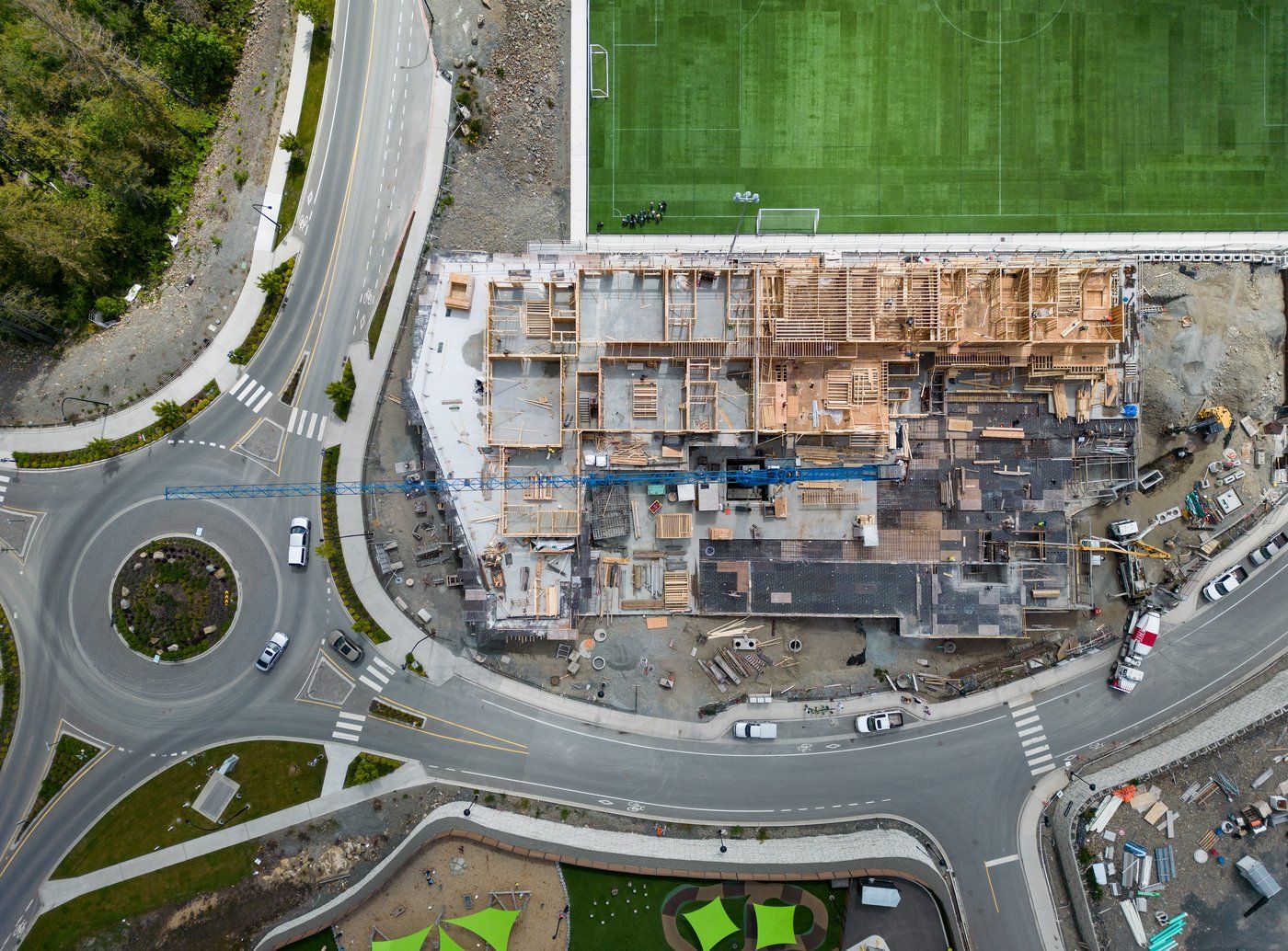: New housing starts means $100,000 per house needed to fund infrastructure
You can also contact us by clicking here. Sammy Hudes
A new report by the Canadian Urban Institute states that both public and private sector will have to increase spending on municipal infrastructure if Canada is to achieve its goal of building homes more quickly.
According to the report funded by Canada Infrastructure Bank (Canada Infrastructure Bank), the cost of the infrastructure required for housing is likely to exceed $100,000 per newly constructed home. This includes resources like public transportation, roads, waterlines, schools, firehalls, or recreational facilities.
Canada Mortgage and Housing Corp. estimates that Canada will need an extra 3.5 million units of housing by 2030. This is on top the projected 2.3 million to be constructed, in order to bring affordability back to 2004 levels.
This level of housing start-ups — over 500,000 per year — is the equivalent of building a city of Calgary’s size each year for seven years. Michael Fenn was Ontario’s former deputy housing minister and chief municipal administrator. He also worked as Hamilton and Burlington municipal chief administrators.
In a recent press release, Canadian Urban Institute’s CEO Mary W. Rowe stated that “Canada’s housing crisis in large part is an investment crisis.”
The infrastructure is needed to make it possible for new housing. This includes water pipes, roads, sewers and storm drains.
The report stated that while some housing projects will be able to benefit from existing infrastructure, there are obstacles in financing new requirements.
Politics is often the reason why municipalities do not want to borrow or increase property taxes in order to pass on capital costs.
Some municipalities stifle growth by insisting that developers pay the entire capital cost for long-term infrastructure. In the report, it was noted that there are also local opposition to relying on private companies for public infrastructure delivery. This is especially true if ownership or control of these projects would be transferred.
The report offered multiple options, including moving from pre-paid charges for development to a method that secures payments throughout the life of an asset.
The report recommends that municipalities develop new tools to finance infrastructure and share costs with those who will benefit, such as developers. The report said that developing tools like land value capture or tax increment financing could help cities provide more services.
Another recommendation is to leverage private capital through utilities and development corporations. The report said that financial risks could be better shared among institutional investors who are more able to take them on.
In a press release, Canada Infrastructure Bank’s CEO Ehren Cory said that municipalities often have difficulty financing critical infrastructure to unlock new housing development.
This report shows that there are new financial supports available to help local governments build housing infrastructure ahead of the population increase.
The Canadian Press published this report on June 12th, 2024.

